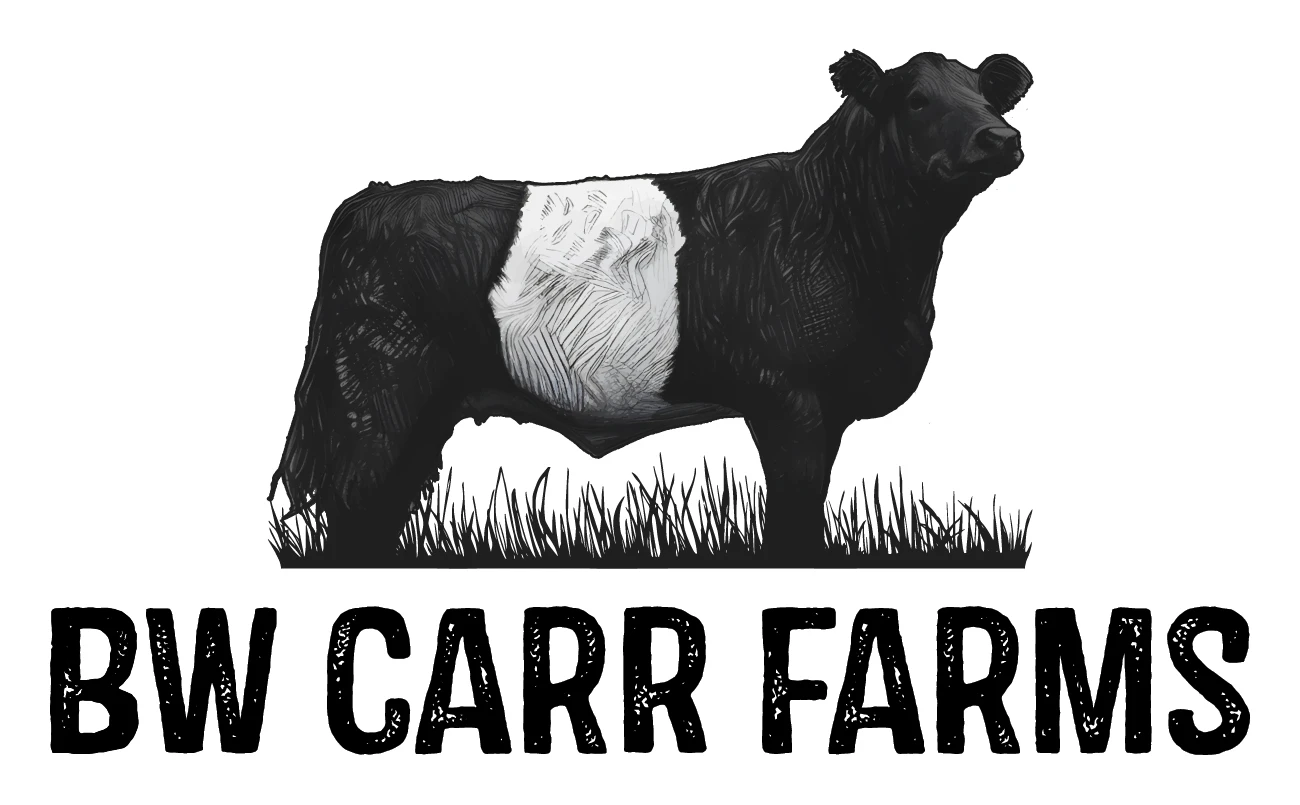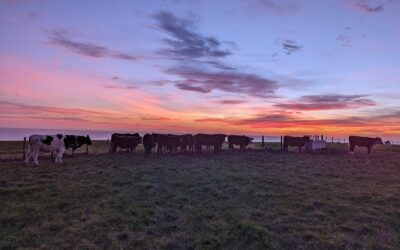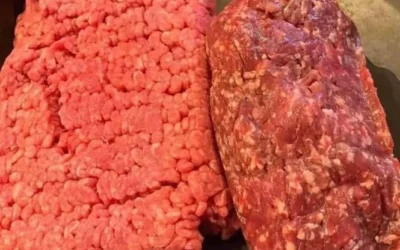BW CARR FARMS
Sussex Local Grass Fed Beef
Sussex Beef Farm
Buy Beef Direct From The Farm
Buying Sussex beef direct from our Ovingdean farm in East Sussex ensures you support local business, and buy premium quality beef and pork at reasonable prices.
We practice sustainable farming at all costs, our beef and pork is 100% grass fed and antibiotic free. Reared and processed in East Sussex.
We now sell our in-demand mixed beef boxes and other produce including occasional pork, bacon, sausages and ham joints from our home reared free range pigs.
When in stock you can purchase your Sussex local beef boxes from the link below or have a read to learn more about our farming methods and animal welfare ethos.

Sussex Farmers

Support Local

Local Delivery

Box Deals

Order your Sussex local beef box now, select the size and quantity below.
Buy Sussex Beef & Pork Direct from the Farm
Animal Welfare and Sustainability

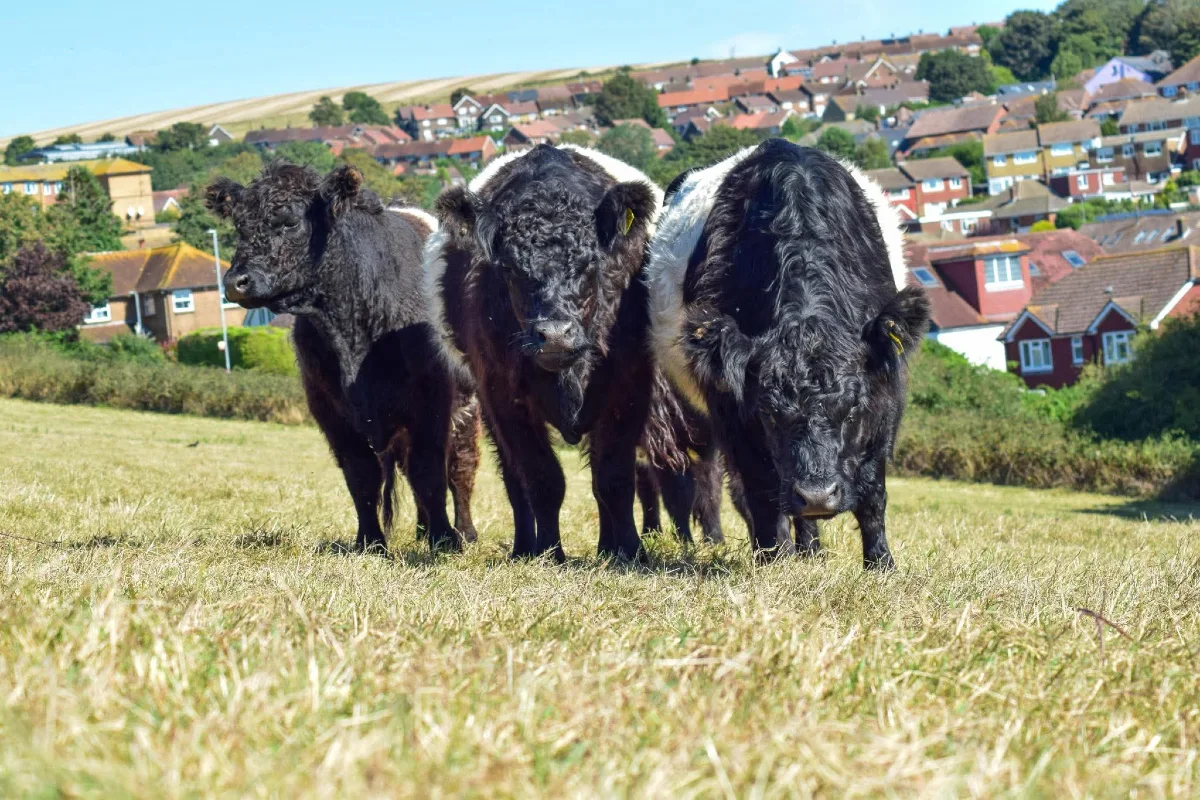
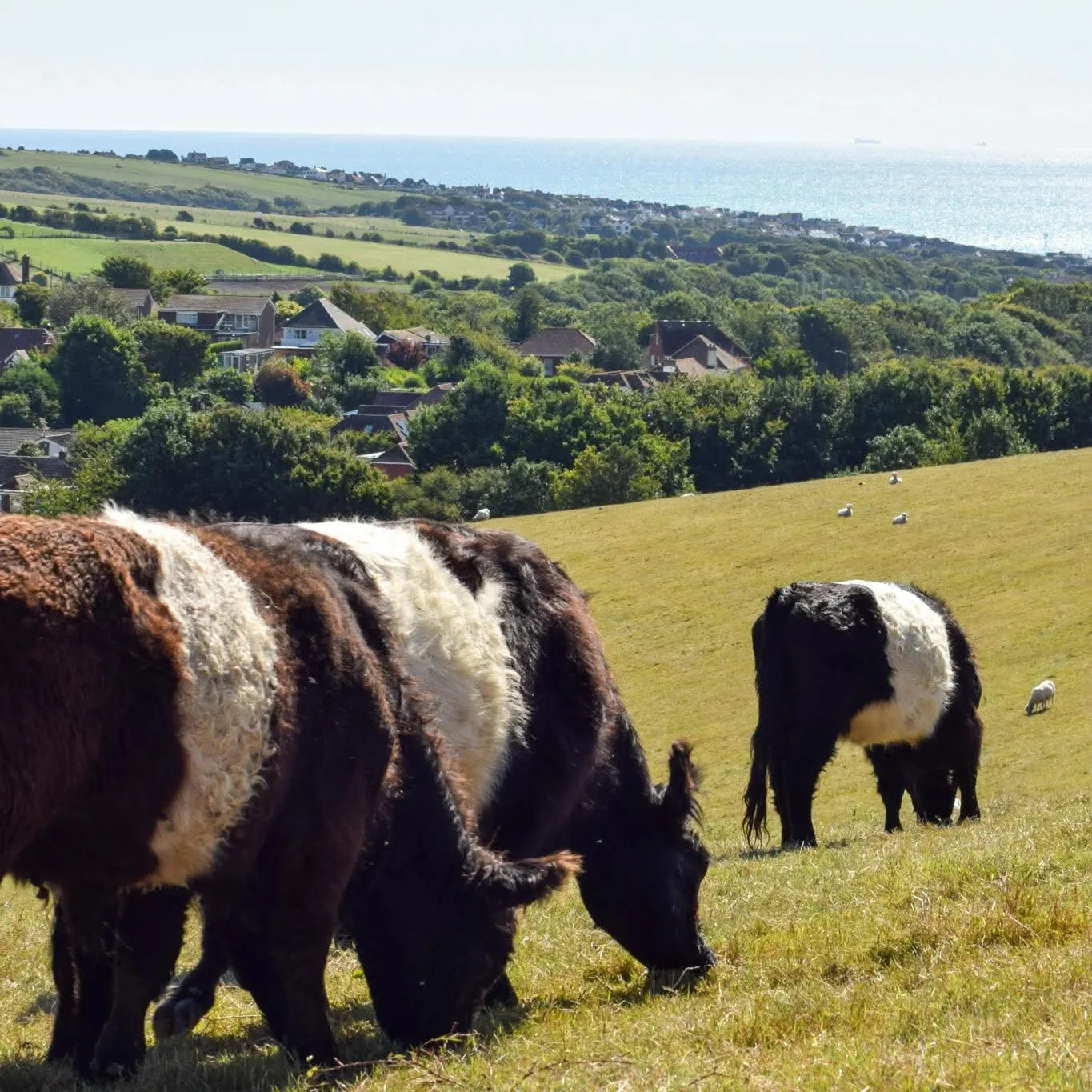
Latest Farm News & Recipes
Mastering the Art of Cooking a Locally Sourced Sussex Tomahawk Steak
Learn how to cook the perfect Sussex tomahawk steak at home, using locally sourced, premium steak from BW Carr Farms, for an impressive and flavourful dining experience.Introduction to Cooking a...
Supporting Local Farmers – The Delicious Benefits of Farm-Sourced Meat
Discover how choosing farm-sourced meat not only enhances the flavor and freshness of your meals but also supports local farmers, promotes sustainable agriculture, and strengthens the local economy....
Unveiling the Truth Behind Farm-Sourced Beef vs. Supermarket Mince
Farm Sourced Mince Beef vs. Supermarket Mince When it comes to the best food choices, the trend towards being a conscious consumer continues to shape the way we approach selecting our meals. The...
FAQ’s – Sussex Local Grass Fed Beef
What types of beef cattle are raised on British farms?
British farms typically raise breeds like Aberdeen Angus, Hereford, and British Blue, known for their quality meat and adaptability to the UK climate.
How is the welfare of cattle ensured on a British beef farm?
Welfare standards are regulated by organisations like the RSPCA and Red Tractor, focusing on animal health, access to food and water, and proper living conditions.
What is the typical diet of beef cattle on a British farm?
Cattle are usually fed a diet of grass, silage, and sometimes grains, with an emphasis on natural, locally sourced feed to ensure quality and sustainability.
How do British beef farms contribute to environmental sustainability?
Many farms implement practices like rotational grazing, maintaining hedgerows, and using renewable energy to reduce their carbon footprint and support biodiversity.
Are antibiotics used in British beef farming?
Antibiotics are used responsibly to treat illnesses, with strict regulations to prevent overuse and ensure meat is safe for consumption.
What certifications should I look for when buying British beef?
Look for certifications like Red Tractor, RSPCA Assured, and Organic labels, which indicate adherence to high standards of quality, welfare, and environmental care.
How is British beef traceable from farm to fork?
Traceability systems ensure each animal is tagged and registered, allowing consumers to trace the origin of their beef back to the farm.
What are the main challenges facing British beef farmers today?
Challenges include market price fluctuations, changing climate conditions, and adapting to new regulations post-Brexit.
How does grass-fed beef from British farms differ from grain-fed?
Grass-fed beef, common in the UK, is often leaner with a distinct flavor, and is associated with more sustainable farming practices compared to grain-fed beef.
Can I visit a British beef farm to see how it operates?
Many farms offer tours and open days, allowing the public to learn about their practices, though it’s best to check in advance and arrange a visit.
How do British beef farms manage greenhouse gas emissions?
British farms are working towards reducing emissions through efficient farming practices and renewable energy production, like solar panels and anaerobic digesters, aiming for net-zero agriculture by 2040.
What role does British beef farming play in maintaining the UK's landscapes?
Grazing livestock helps maintain the UK’s grasslands, which are crucial for soil health, water retention, and biodiversity, contributing to the characteristic British countryside.
How is beef quality assured in the UK?
Quality assurance schemes like Red Tractor ensure that British beef meets strict standards related to animal welfare, food safety, traceability, and environmental protection.
What are the nutritional benefits of consuming British beef?
British beef is a source of high-quality protein, essential vitamins, and minerals like iron and zinc, contributing to a balanced diet when consumed in moderation.
How does British beef farming adapt to climate change?
Farmers implement adaptive measures like water management, sustainable feed production, and land-use practices to mitigate the impacts of climate change.
What is the significance of grass-fed diets for British beef cattle?
Grass-fed diets are common in the UK, promoting animal health and environmental benefits by utilizing natural pastures and reducing reliance on imported feeds.
How does British beef farming support rural communities?
Beef farming provides employment, supports local economies, and sustains rural communities, playing a vital role in the UK’s agricultural sector.
What initiatives are in place to promote sustainable beef farming in the UK?
Initiatives include research into low-carbon farming practices, investment in renewable energy, and programs to enhance biodiversity on farms.
How do British beef farms ensure animal health and welfare?
Farms adhere to strict health protocols, regular veterinary checks, and humane handling practices to ensure high welfare standards for cattle.
What are the future prospects for British beef farming?
The sector is focused on innovation, sustainability, and market expansion, aiming to maintain high standards while adapting to global challenges like climate change and changing consumer preferences
